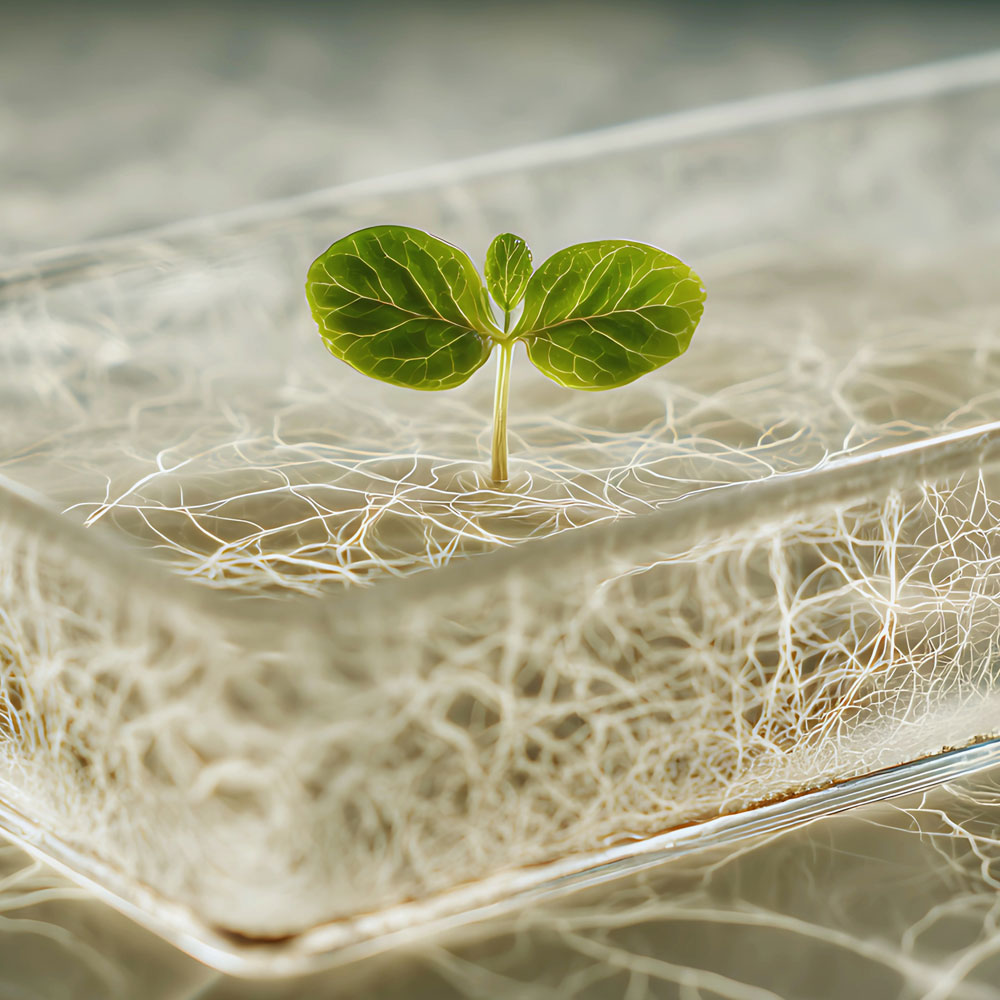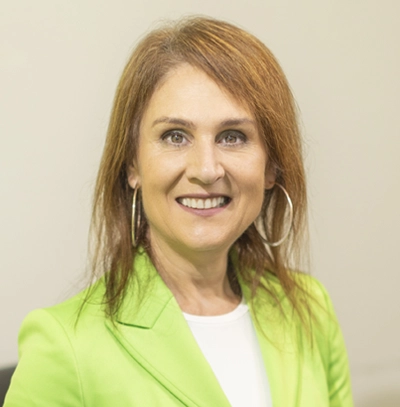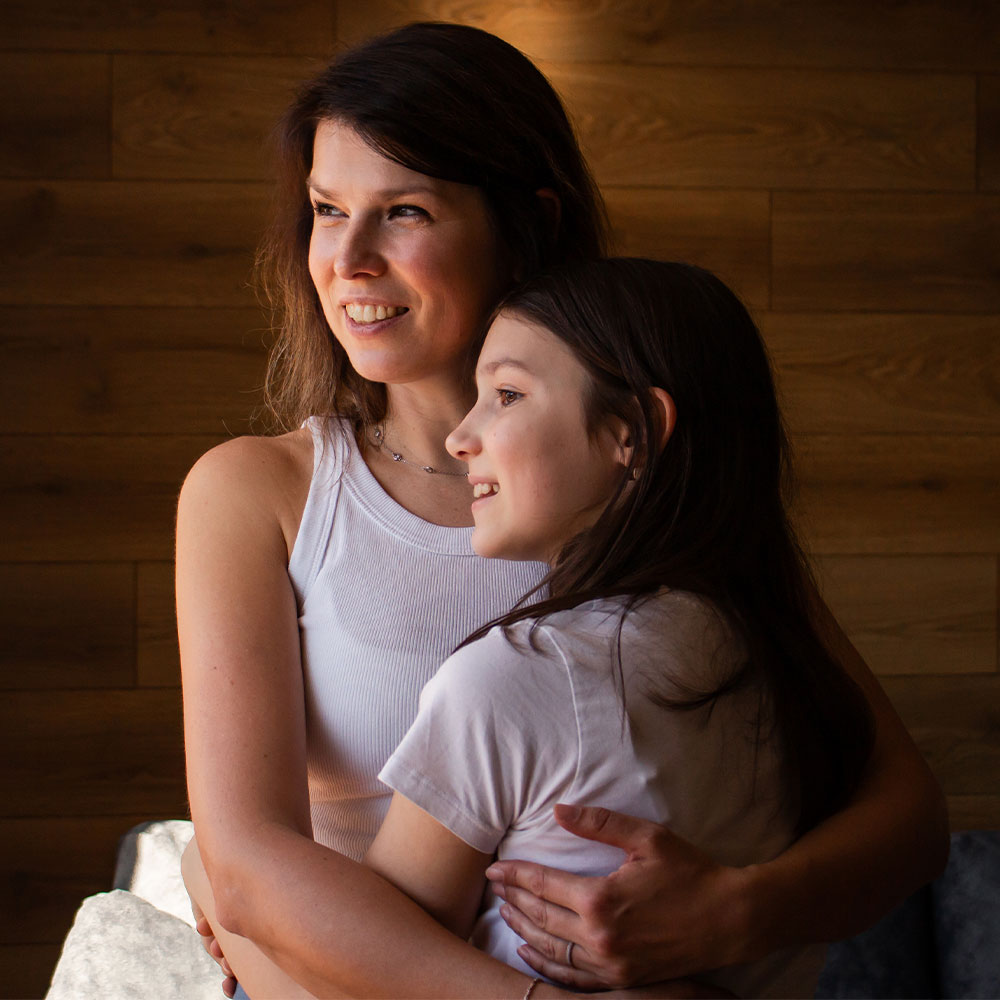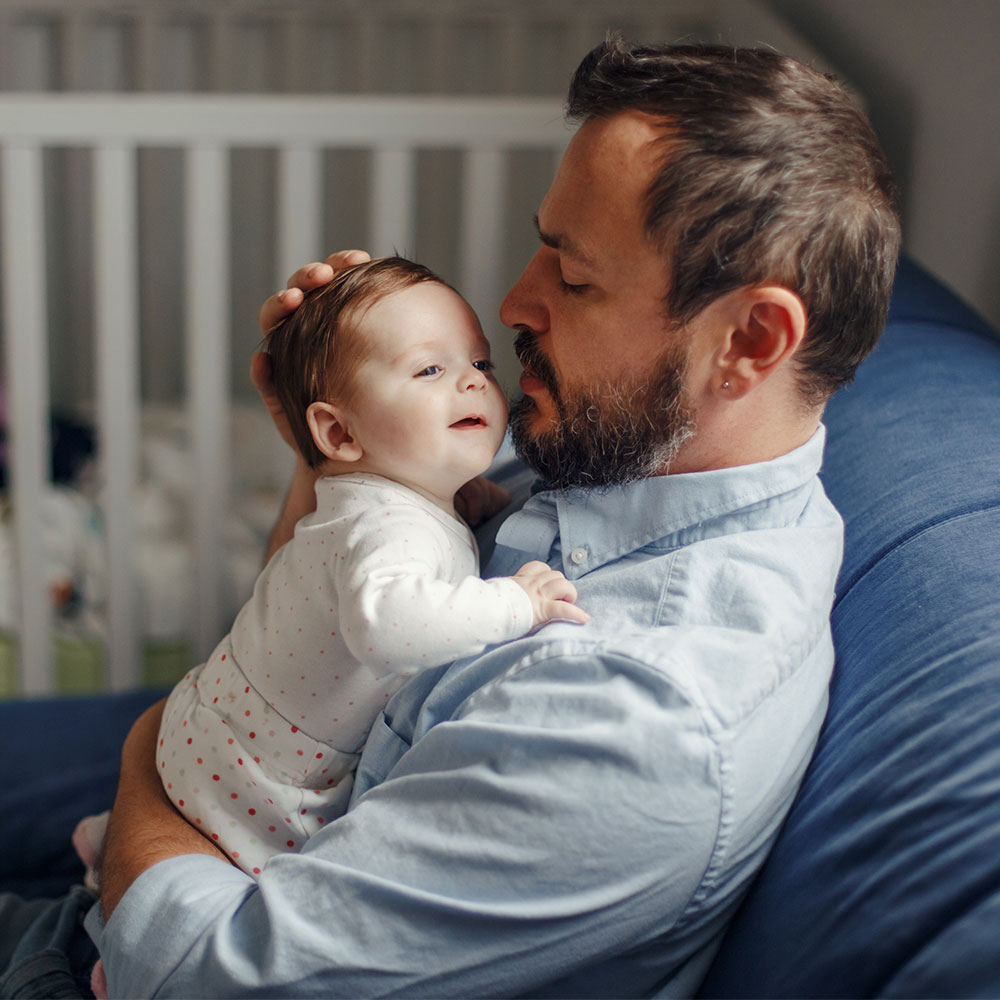Aaron Antonovosky referred to Salutogenesis, the origin of health, in the late 1970s. He described it as a movement toward wellness in understanding and managing our lives with greater resources, developing stronger resistance and creating a solid sense of coherence. It is the experiences that people have, which help shape the resources and meaning brought to their lives. A Salutogenic life deviated from a pathogenic perspective, and was described as one that was health promoting, meaningful to the individual and added years to life.
Neural Resilience is the next developmental stage. It is the alignment of neuroscience to the application of psychology. It is about proactive mental health, building reliable strategies to better respond to challenges, and the promotion of optimal lives via insights in brain research and brain function. Salutogenesis is the theory of building wellbeing through the development of human assets.Wellbeing is the focus of psychological science which investigates human potential, positive health, emotional competency and the ability to thrive and flourish. The main difference between the clinical and health methodology is that the latter applies a strengths-based approach to identifying and improving wellbeing rather than a decit-based approach to solely treat illness. It does not ignore the symptoms or actions, but simply does not use the absence of decits to describe the presence of an optimal quality of life. This framework imagines the influence of relational resilience and the critical importance of character and connectedness to build strong social-emotional capital. plasticity.









